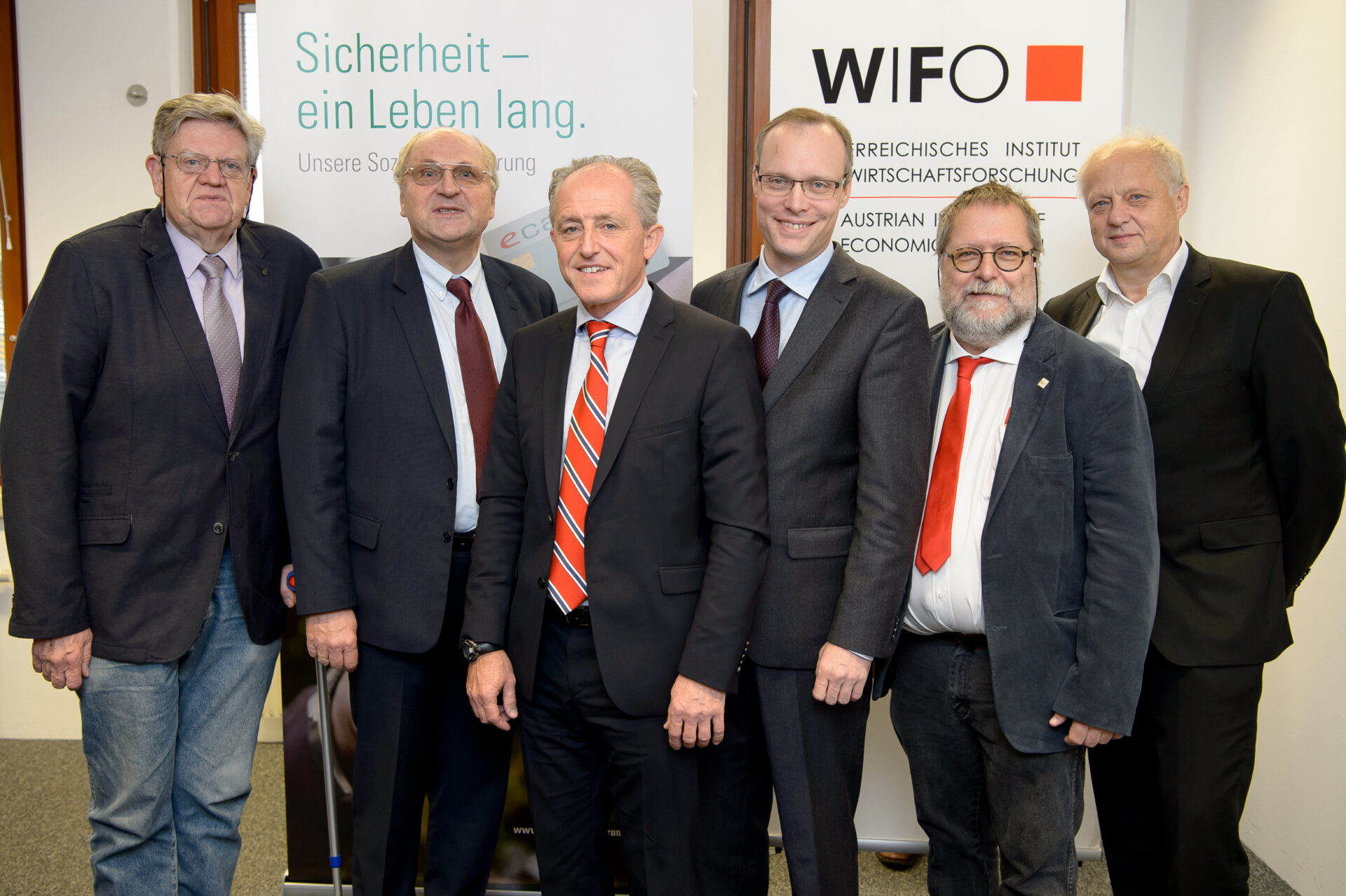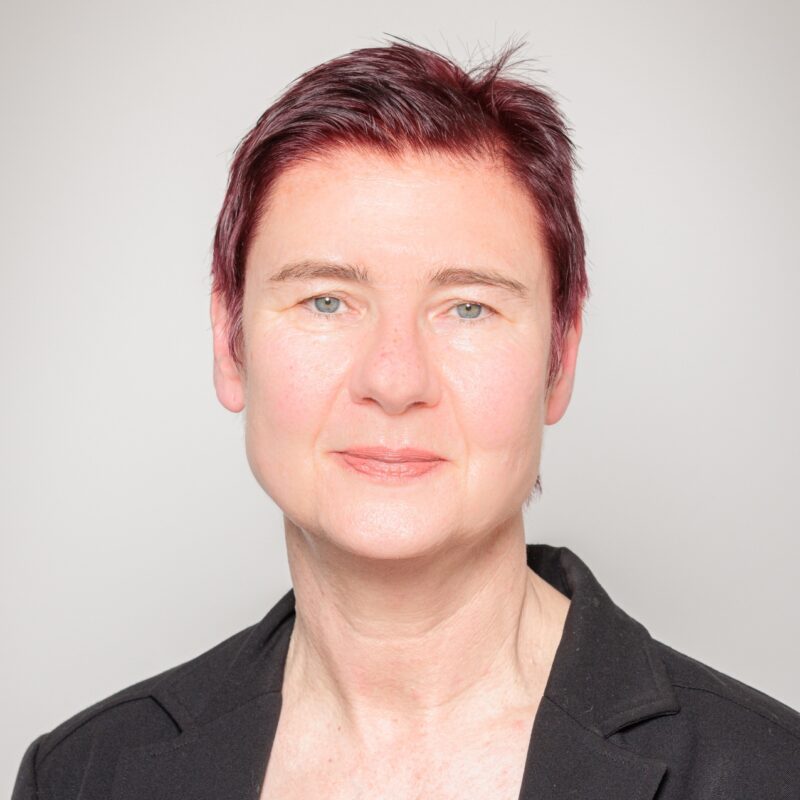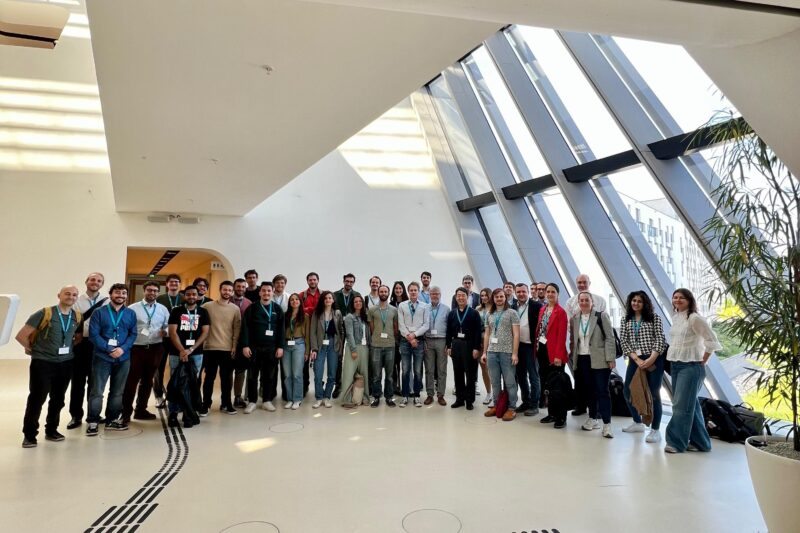
12th Welfare State Symposium
International experts discussed the topic of self-administration both in social insurance, as a structural feature of contribution-financed social insurance systems of the Bismarck type such as Germany and Austria, and at the local level, citizen participation as a way of increasing efficiency.
Thomas Lenk, Professor of Finance at the University of Leipzig, pointed out the opportunities of citizen participation for coping with the challenges in the field of social security in Germany: These range from the development of joint solutions for scarce resources to the reduction of personnel costs through citizen participation.
The health economist Axel Kern, Professor at the Faculty of Social Work, Health and Nursing at the Ravensburg/Weingarten University of Applied Sciences, emphasised the importance of ensuring the supply of health services to the population and the question of which organisational form can achieve this most efficiently. The quality of the services to be provided will become an ever greater challenge in the future. In addition to the organisational form of the health insurance funds, the drafting of contracts between health insurance funds and service providers such as doctors and hospitals will also play a central role here.
Günter Danner, European representative of Techniker Krankenkasse (one of the largest German health insurance funds), showed in a comparison of social insurance countries that EU social systems are rapidly diverging in their solvency and that tax-financed systems show a lack of care as well as developments in the shadow economy. Self-governing social security systems such as those in Germany and Austria make it possible to plan health care across legislative periods. The dialogue between those directly responsible for the system and the financing partners is linked to an efficient system that cannot be found in any EU country with a model close to the state.
Tom Schmid, Professor of Social Policy at the University of Applied Sciences St. Pölten, emphasised not only the "top-down" functions of self-administration, i.e. the strategic orientation of social security institutions, but also the "bottom-up" function of self-administration: the bridging function between social law and the individual insured persons, which, however, is little known among members and insured persons. Schmid regards self-administration as an essential element of democracy in Austrian social policy.
Report of Organisation of Austrian Social Security (german).
Please contact
























